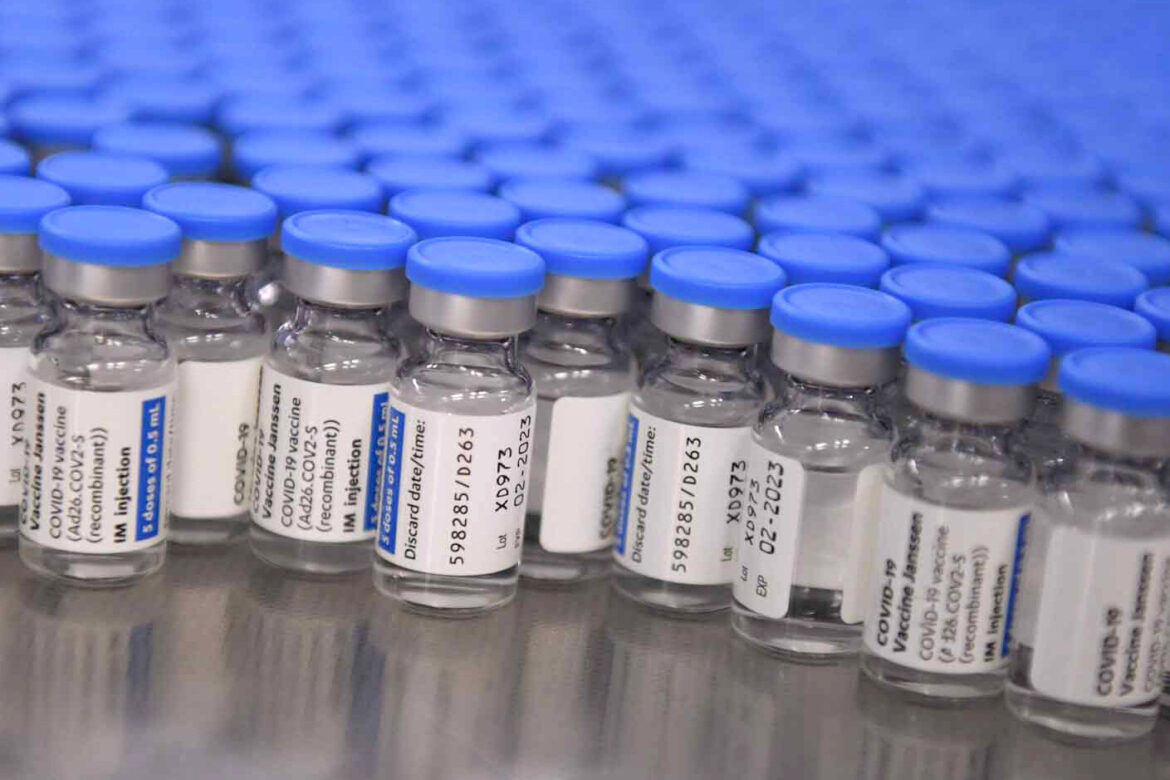When the Covid-19 pandemic struck in 2020, South Africa found itself unprepared in one critical area: vaccine manufacturing. As the virus spread rapidly, the country became the epicenter of the pandemic in Africa, reporting its first local death by the end of March 2020. The national lockdown soon followed, along with mandatory face mask regulations, as the government scrambled to control the crisis.
While countries like Russia, China, and India quickly developed and began distributing vaccines, South Africa struggled to secure adequate supplies. Controversy arose when billionaire Johann Rupert flew to Switzerland to receive his Covid-19 vaccine at a clinic tied to his family’s investments, sparking national outrage. By 2021, South Africa allocated R10 billion for vaccine procurement and distribution, prioritizing healthcare workers in the first phase of vaccinations.

Now, four years after the pandemic, questions remain: is South Africa ready to produce its vaccines? Despite significant progress, experts argue that the country is still not prepared to manufacture vaccines on a mass scale. While many initiatives have moved in the right direction, there is a clear need to speed up vaccine production capabilities and ensure end-to-end capacity in local manufacturing facilities.
Professor Glenda Gray, chief scientific officer at the South African Medical Research Council (SAMRC), emphasized that the best way to prepare for future pandemics is by investing in vaccine and drug manufacturing and going to scale. “You can’t just wake up tomorrow and produce vaccines at scale. You need to practice Good Manufacturing Practices (GMP) and ensure your facilities are compliant,” she said. Gray likened the process of vaccine production to running a marathon: it requires consistent practice and training, something South Africa still lacks.
South Africa’s vaccine manufacturing efforts are largely concentrated in two institutions: Biovac Institute, which is partly owned by the government, and Afrigen, with a 49.7% share held by the government. Biovac is working on developing an end-to-end vaccine manufacturing process, set to produce an oral cholera vaccine — a significant step for Africa, as it will be the first time an African manufacturer produces a vaccine entirely on the continent. Gray argued that countries like China and India succeeded in vaccine production during the pandemic by creating favorable conditions for manufacturers, including tax breaks and funding for research and development. She suggested that South Africa should do the same, by incentivizing pharmaceutical companies to manufacture vaccines locally.
However, experts warn that South Africa is not yet ready to meet the challenges of large-scale vaccine production. Professor Patrick Arbuthnot from the Wits/SAMRC Antiviral Gene Therapy Research Unit acknowledged that while progress has been made, challenges remain, particularly with mRNA vaccine production and compliance with GMP standards. He also highlighted the progress made at the Wits lab, where mRNA vaccine production can take just three months from concept to preclinical proof.
Professor Benjamin Kagina from the University of Cape Town echoed these concerns, stating that while South Africa has the partnerships, political will, and resources in place, it still lacks the necessary infrastructure and expertise for large-scale vaccine production. “Vaccine manufacturing takes time,” he said. “Countries with stronger foundations in health infrastructure, like high-income countries, have a head start. But in South Africa, we’re still playing catch-up.”
Minister of Science, Technology, and Innovation Dr. Blade Nzimande added that Afrigen and the SAMRC’s South African mRNA Vaccine Consortium (SAMVAC) had successfully developed an mRNA Covid-19 vaccine candidate, AfriVac 2121, which was on par with commercially available vaccines. This achievement came after global pharmaceutical companies refused to share their intellectual property for mRNA technology, forcing the South African team to develop their own platform using local scientific expertise.
While South Africa has made strides in vaccine development, including partnerships with institutions like Biovac and Afrigen, experts warn that the country must continue to prioritize vaccine manufacturing and innovation. There is also a pressing need for more government investment in science and technology, as well as continued collaboration between public and private entities. By doing so, South Africa can better prepare itself for future health emergencies and reduce its reliance on international vaccine donations. The country’s ability to scale its manufacturing capabilities and ensure GMP compliance will determine how well it can respond to future pandemics and safeguard the health of its citizens.
